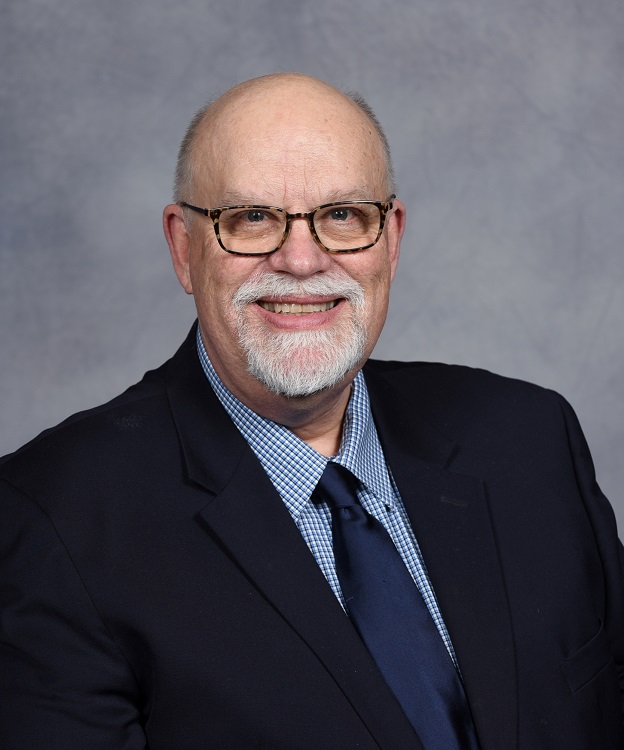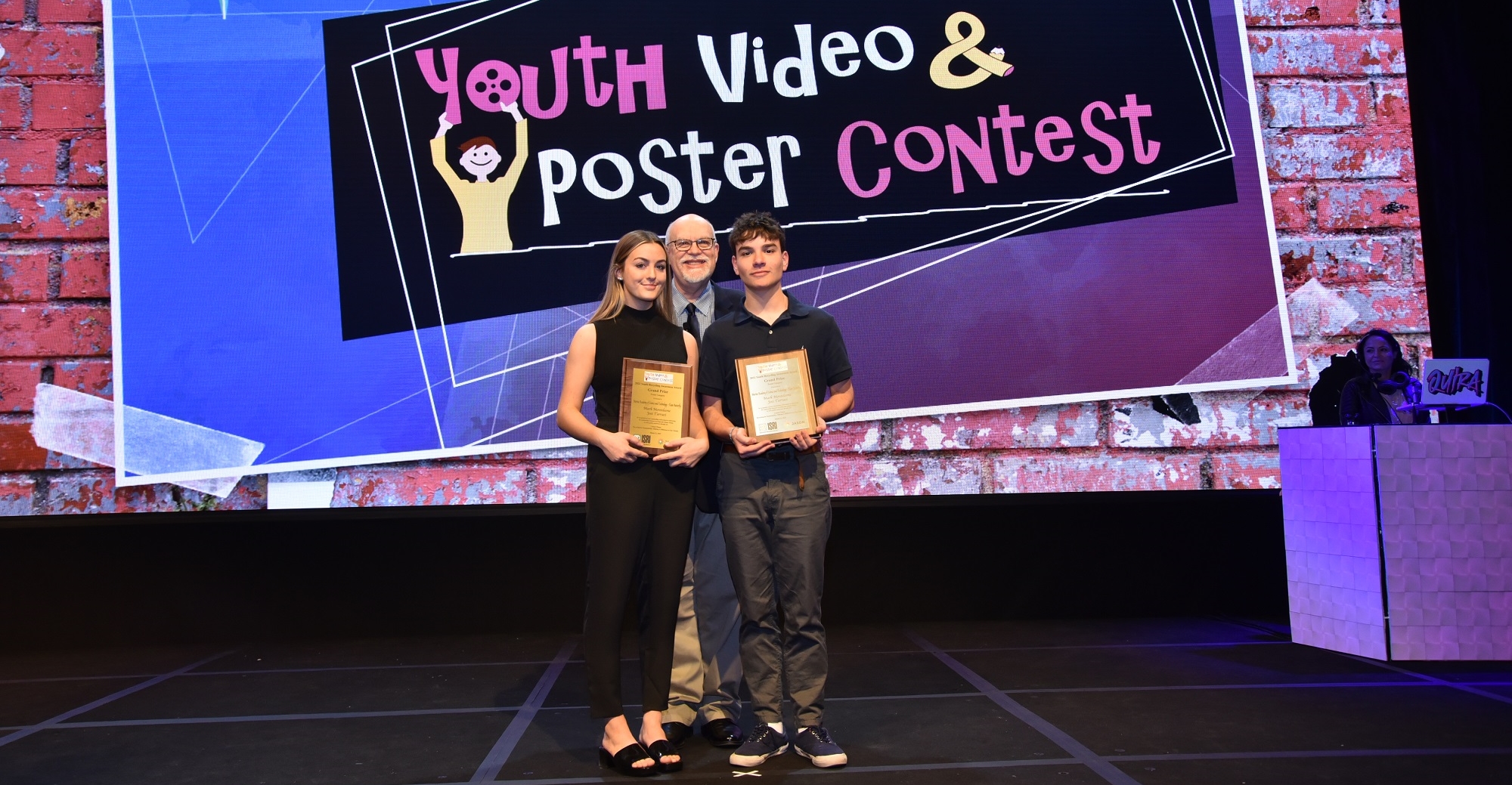After 35 years providing customer service for various industries, Peter Van Houten went into business for himself, but it didn’t take long for him to be drawn to the recycling industry. In this edition of Faces of ISRI, Van Houten discusses what stood out to him about the recycling industry and his passion for educating the youth on all things recycling.
Tell me about your background and how you started working in the recycling industry.
I worked in the customer service technology industry for 35 years, spanning publications, television, broadcasting, for-profit childcare, and computer-aided design and microchip development. All my positions focused on building relationships with customers. I effectively laid myself off in 2009 once the recession hit my industry. At the time, I was working in for-profit childcare and people weren’t utilizing our services.

I started my own consulting business, helping small companies build their business and marketing plans. One of my clients was EG Metals, Inc. which was a start-up recycling facility focused on electronics and metals. Working with EG Metals introduced me to the recycling industry and provided me with a greater understanding of recycling in general. In 2010, they offered me a full-time position as general manager and vice president of operations. In 2016 I left EG Metals and joined Bob’s Metals Inc., as their General Manager. While at Bob’s Metals I continued to be involved with ISRI and look forward to a long future with Bob’s Metals and ISRI.
What was your introduction to ISRI?
There was a gentleman, Jim Dukart, that was a very prominent member of my chapter, the Pacific Northwest (PNW) Chapter. He introduced me to ISRI and recommended that I become a candidate for a board position with the chapter.
How have you been involved with ISRI over the years?
Shortly after joining the PNW chapter, I was elected chair of the membership committee in 2010. From there I was elected treasurer of the chapter before moving up the ranks to secretary and vice president. During my tenure as vice president, the chapter president stepped down, so I stepped in and completed his tenure and then began my tenure as president. When I was chapter president, I was also elected co-chair of the Council of Chapter Presidents.
I started off attending ISRI’s national conferences and meetings and eventually I started attending the board meetings. I joined several committees including communications, ferrous, nonferrous and government relations. I also participated in the fly-ins to Washington, D.C., to meet with Oregon and Washington state legislators.
How did you get involved with ISRI’s youth outreach initiatives and JASON Learning?
I was asked to chair ISRI’s Youth Outreach committee. Prior to joining ISRI, I conducted virtual tours of our facility for schools. I would do virtual walk throughs of our facility and talk about what our industry does. It helped show students and teachers that recycling is bigger than the curbside. When I started working with JASON Learning on the ISRI-Jason Learning [Youth Recycling Video and Poster] Contest, the goal was to figure out where we could make a difference. We knew that if we educated the youth, they could take those projects to the dinner table and educate their parents.

Tell me about the work you’ve done with your local community college.
I’ve always been a very strong proponent of looking for ideas to fill our workforce. I heard a speaker at an ISRI national convention a few years ago talk about an apprenticeship program they had launched in England. That led me to developing an outline for a similar program with community colleges that could help our industry.
I reached out to Portland Community College (PCC) and we launched the program. We had 14 individuals signed up for it. They went on a tour of a recycling facility and were preparing to learn about things such as material identification and safe operations. We were going to determine what skills they could develop such as driving a forklift or fire safety. And then we were planning to bring them onboard for an internship. We had PCC, Central Las Vegas College, the University of Nevada, Las Vegas (UNLV), as well as several members all on board.
Then COVID hit. When that happened, we canceled the session we had planned for ISRI2020, and the schools started having virtual classes. Their apprenticeship programs shut down. Unfortunately, we’re back to square one with those schools, but we’ve found an alternative route.
How have you pivoted since the program was put on halt do to COVID?
Portland Public Schools has a program for seniors in high school that aren’t necessarily looking to go to college and are instead looking for alternative post-graduation options. I’ve partnered with the school system, and we’ve created a program that parallels what we had at PCC. We’re working on a few things, one is called “0–60,” where we’re going to do 60-second interviews with various people in the industry. They’re going to talk about their jobs, what they enjoy about the industry, and make a pitch to the students to consider joining the industry. We’re going to use those interviews to give students a glimpse of what types of careers are out there in recycling. We want to really bolster this program this summer and get those videos in place. I’m also hoping to reconnect with PCC and UNLV, and I’d like to find a community college in Nashville that’d be willing to host a session about workforce development at ISRI2023.
What would your pitch be to the next generation on why they should consider joining the recycling workforce?
That’s really the focus of ISRI’s partnership with JASON Learning. Every time I have the opportunity to talk to students, there are things we can apply to their age groups. Everyone is focused on climate change right now and how we’re going to reduce our carbon footprint. That was the theme of the 2021-2022 ISRI-Jason Learning recycling contest. Through the contest, we’re challenging students and their teachers to think beyond the box and ask questions such as how recycling is making a difference in their everyday lives.
Photos courtesy of ISRI and Peter Van Houten.










